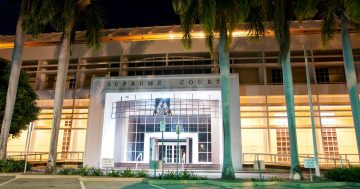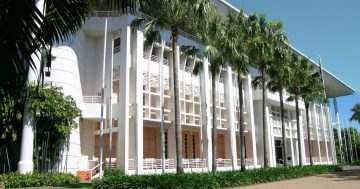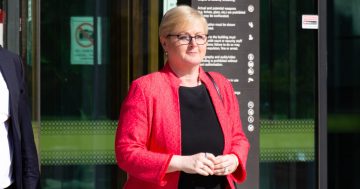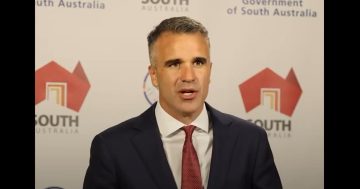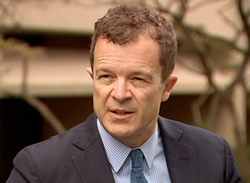 A new era in national defamation law began last week (1 July) in jurisdictions covering over 85 per cent of Australia’s population, according to the Department of Communities and Justice (DCJ).
A new era in national defamation law began last week (1 July) in jurisdictions covering over 85 per cent of Australia’s population, according to the Department of Communities and Justice (DCJ).
Attorney General, Mark Speakman (pictured) said that last year, NSW became the first State or Territory to pass the nationally agreed upon defamation law reforms designed to unclog courts from trivial claims and support public interest journalism.
Mr Speakman said Victoria, Queensland, South Australia and the ACT had now joined NSW by bringing the reforms into force on 1 July.
He said this marked a turning point for defamation law that struck a better balance between protecting reputations and freedom of expression.
“I urge remaining jurisdictions to implement the agreed legislation so Australia can have consistent and modern defamation laws,” Mr Speakman said.
The Attorney General said the Model Defamation Amendment Provisions were agreed upon in July 2020 at the then Council of Attorneys-General meeting.
“At the March 2021 Meeting of Attorneys-General (MAG) it was agreed that all remaining jurisdictions would act to have the provisions commence as soon as possible after 1 July,” he said.
Mr Speakman said the reforms established a serious harm threshold; a requirement for a plaintiff to issue a concerns notice before going to court; a single publication rule starting limitation periods from the first upload, rather than the last click on a story; the cap on damages for non-economic loss as a real cap; a defence for peer reviewed matters in scientific and academic journals; and a public interest defence.
NSW’s 15-page Defamation Amendment Bill 2020 can be accessed at this PS News link.


